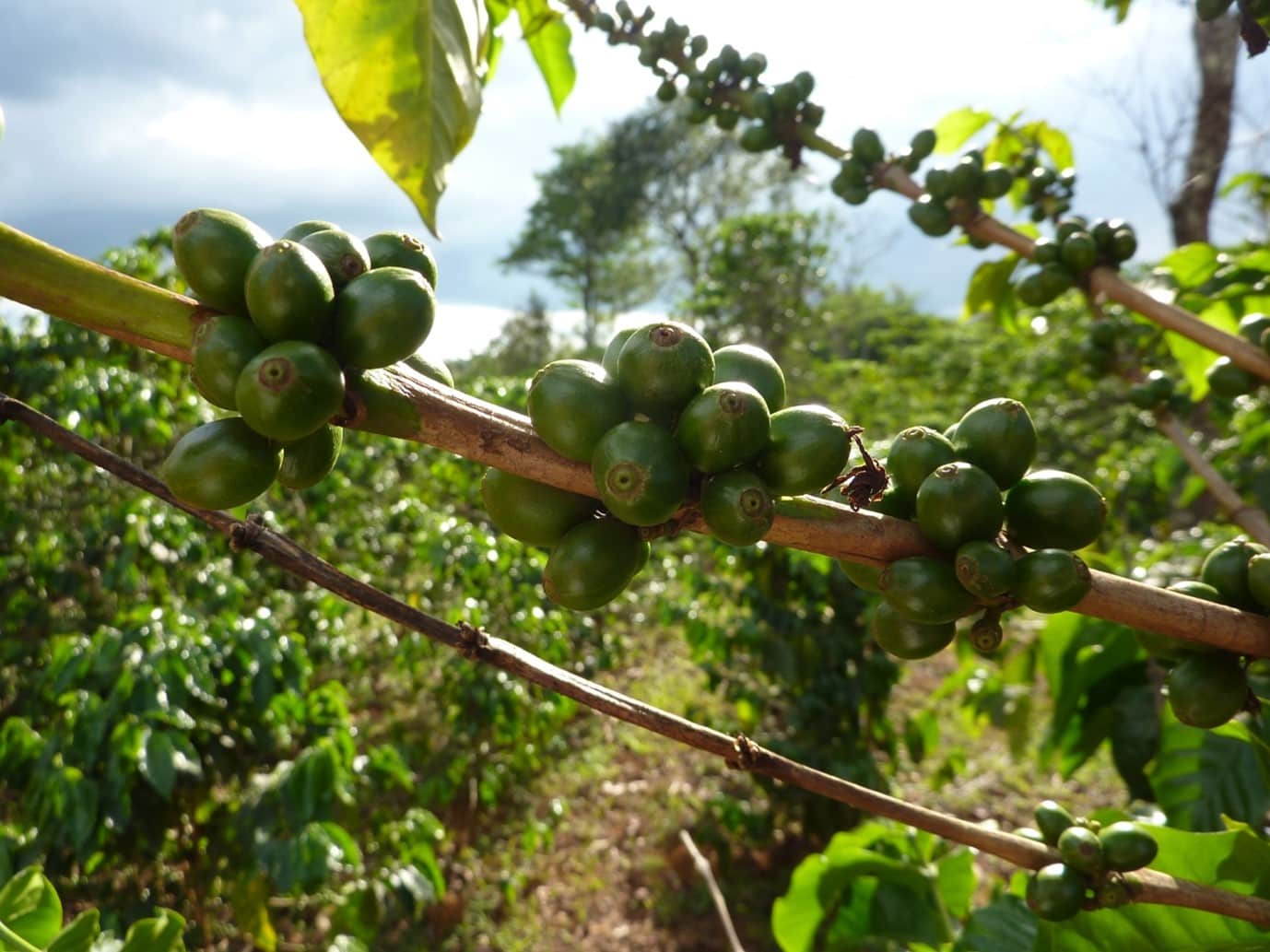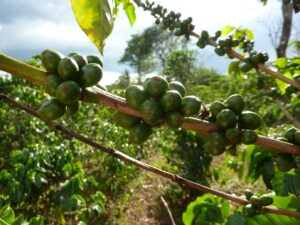EU Deforestation Regulation: Will the traceability requirement hold smallholder producers back?

EU Deforestation Regulation: Will the traceability requirement hold smallholder producers back?
The short answer is no. The European Commission’s recent proposed legislation to eliminate deforestation from the supply chains of soft commodities will require, among other things, complete traceability of the supply chains of a set of high-risk commodities. This has led civil society and industry to wonder about the impact on smallholder farmers, who may lack the means to follow rigorous compliance standards.

Photo: Aidenvironment, 2022. Coffee plantation in Laos. Coffee is one of the six commodities included in the Deforestation Regulation
However, after extensive research and consultations* on the recent EU regulation, AidEnvironment found little evidence that the EU Deforestation Regulation’s traceability requirement will be, in itself, harmful to smallholders.
Instead, the European Commission’s regulation, due to come into force in 2023, may have important benefits for smallholder commodity producers. In a recent closed EU panel event, smallholder representatives in the palm oil and cocoa industries voiced their support in favour of a strong traceability requirement in the EU Deforestation Regulation. They said it is both feasible and needed to improve their position in the global marketplace.
As well as making it easier for the EU to track deforestation and forest degradation, traceability to the origin of commodity production has the potential to uncover exploitation of human and labour rights including land grabbing, unfair pricing systems, and labour rights violations. These violations particularly affect smallholder commodity producers in producing areas that remain largely invisible in global supply chain markets.
The traceability requirement could also promote shorter supply chains and a direct link between smallholders and the first point of aggregation (e.g. palm oil mills, cocoa warehouses). This will decrease smallholders’ dependence on middlemen and brokers, reducing the risk of non- or unfair payments. It also gives smallholders more leverage and representation in the value chain.
However, the traceability requirement does present new obstacles too. The traceability requirement will be disadvantageous for smallholders if EU commodity traders and operators use the Regulation to exclude smallholders from their global supply chains to minimize the cost of compliance. Some commodity traders have pointed to the high perceived costs for compliance with the traceability requirement, especially if segregated supply would require separate logistics. Contrary to industry statements, smallholder representative organizations in the palm oil and cocoa sectors have stated that traceability is feasible, is not expensive, and that smallholders are used as an excuse by commodity traders to say the EU Deforestation Regulation traceability requirement is not feasible.
AidEnvironment also believes that an expensive market segregation strategy (separating sustainable palm oil from ordinary palm oil), which is not even required under the EU Deforestation Regulation, would be redundant if commodity traders invest in and implement traceability and monitoring strategies that cover the companies’ entire operations instead of creating segregated markets.
The role and position that large commodity traders will take on the EU Deforestation Regulation remains critical. If they are truly committed to zero-deforestation or conversion-free supply chains, and promote fair and transparent labour conditions, they will support work towards supply chain traceability to minimise the EU’s contribution to global deforestation. If this legislation is implemented effectively, the forests, commodity traders and smallholder producers all stand to benefit.
Let’s keep the discussion on the EU Deforestation Regulation alive. Please reach out to Sarah Drost (drost@aidenvironment.org) or Joana Faggin (faggin@aidenvironment.org).
*AidEnvironment supports civil society organisations (CSOs) and investors with research on the potential implications of the upcoming EU regulation on deforestation-free commodities for commodity stakeholders. In June 2022, AidEnvironment presented the findings of a study on challenges of commodities’ traceability in a closed EU panel event with nearly 50 member state representatives, hosted by ClientEarth. A briefing paper on that study, including soy, cattle, cocoa and oil palm, and the event can be found here. In July 2022, AidEnvironment will publish a Chain Reaction Research (CRR) paper on how the Regulation’s requirements will affect the palm oil industry. The report will also examine implementation costs to become compliant with the Regulation. In the fall, we will publish a similar CRR paper on the effects for the beef and soy industries in Latin America. The research projects are sponsored by several funders, including ClientEarth, the David & Lucile Packard Foundation, and EU LIFE.

